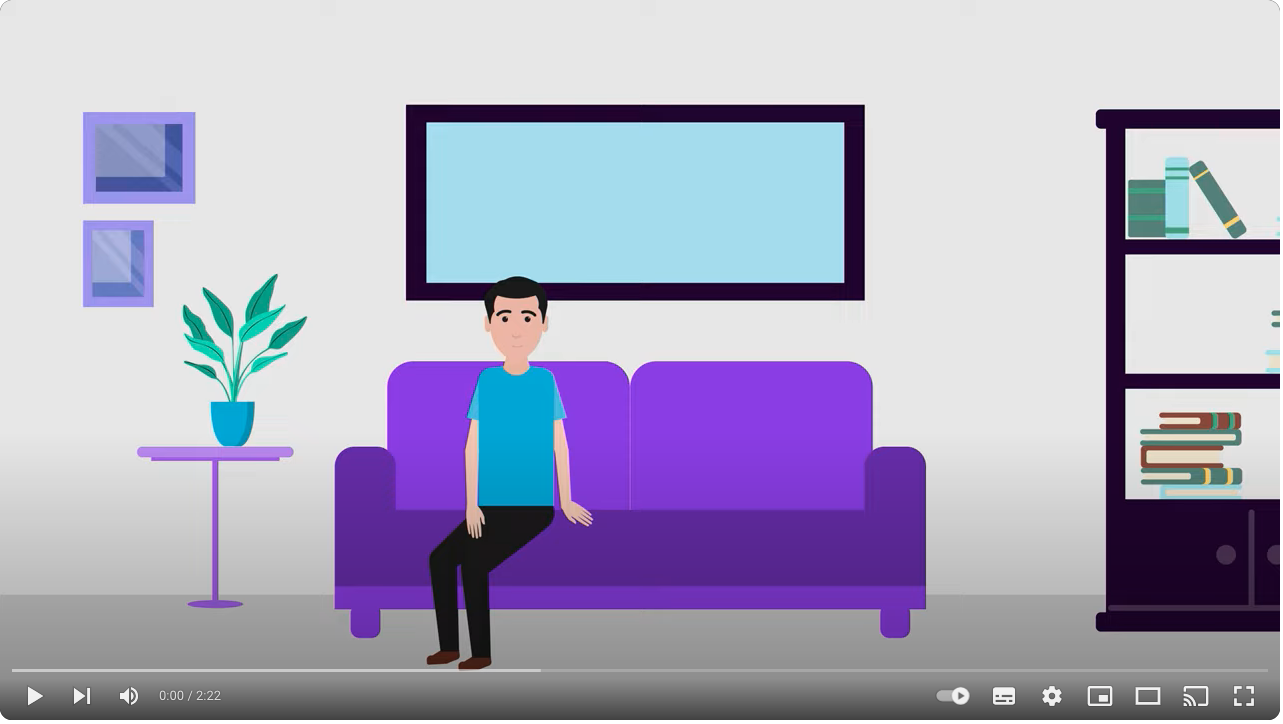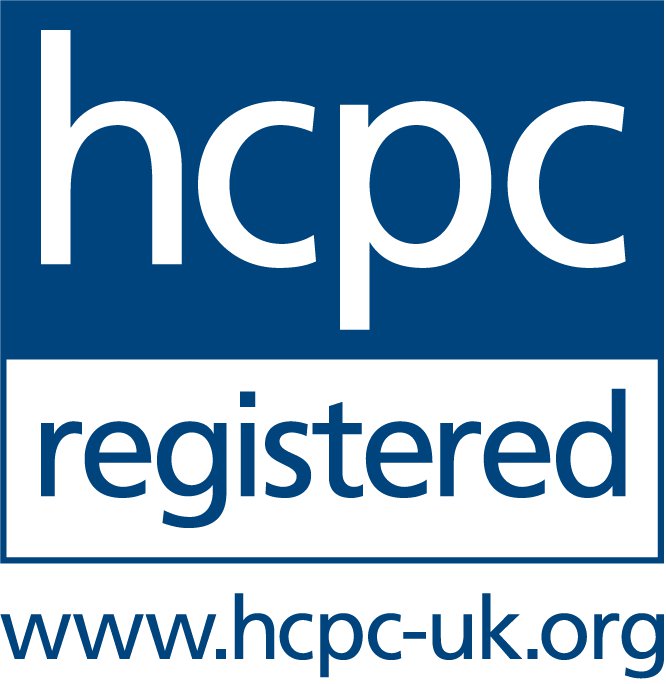Adult Autism & ADHD Assessment
A combined assessment that considers symptoms relevant to both autism and ADHD.
Full assessment cost £2,950
Includes a report recognised by public agencies.
Book now Find a clinic
Are you getting confused between acronyms like ADHD & ASD? It can be difficult to know which assessment you should take to find the answers you’re looking for. Here at The Autism Service, our goal is to help you fully understand which assessment path is right for you by clearly outlining the process for each, as well as by outlining the signs and symptoms to be on the lookout for. Alongside our autism assessments for adults and ADHD assessments for adults, we also offer a combined pathway that will tell you if you have either ASD or ADHD.
These combined assessments bring our experts together to complete an all round neurodevelopmental assessment of you.
What is ASD and ADHD?
Autism Spectrum Disorder (ASD) represents a developmental condition characterised by challenges in social communication and interaction, coupled with the presence of restricted or repetitive patterns of behavior or interests.
Attention Deficit Hyperactivity Disorder (ADHD) is another developmental condition marked by difficulties related to inattention, impulsivity, and hyperactivity. ADHD is categorised into three recognised subtypes: Predominantly Inattentive, Predominantly Hyperactive/Impulsive, and Combined.
The origins of both ADHD and ASD are complex, with research showing clear differences between the brains of individuals with these conditions and those without. These conditions do run in families, meaning there is a hereditary link. However, it’s important to understand that one can be diagnosed with ADHD and/or Autism without any family history of these conditions.
It’s also crucial to recognise that while ASD and ADHD are distinct conditions, there can be an overlap in symptoms. This means that individuals may experience either, both, or neither.
Signs of Autism in Adults
Symptoms associated with autism spectrum disorder (ASD) can vary based on factors like age, gender, and intellectual capacity. It is crucial to bear in mind that each individual on the autism spectrum possesses their own unique strengths and weaknesses. However, there are some prevalent characteristics shared among many individuals with ASD, including:
- Challenges in social interaction
- Difficulties in social communication
- Engagement in repetitive and restrictive behaviors
- Intense focus on specific interests or subjects
- Sensory sensitivities and differences
- Experiences of anxiety, shutdowns, and meltdowns
Signs of ADHD in Adults
ADHD typically begins in childhood and often persists into adulthood, albeit with different presentations. Hyperactivity tends to decrease in adults, while inattention remains, but adult symptoms are often subtler and vary significantly from childhood manifestations. Some characteristics to look out for include:
- Struggling when listening to instructions, needing frequent prompts & reminders
- Easily getting distracted by stimuli that others can typically filter out or disregard
- Forgetfulness and executing tasks in a sequence that may appear nonsensical to others
- Inability to focus or prioritise
- Regularly losing or misplacing things
1. Pre-assessment pack
2. Two clinical interview appointments
3. Observational assessment in clinic (ADOS-2)
4. QbTest
5. Multi-disciplinary team diagnostic meeting
6. Feedback and the written report
What to expect from your assessment
Our adult assessments are fully NICE guideline compliant diagnostics that tells you if you have ASD or ADHD. They are typically made up of the following steps:
- Pre-assessment pack
- Two clinical interview appointments
- Observational assessment in clinic (ADOS-2)
- QbTest
- Multi-disciplinary team diagnostic meeting
- Feedback and the written report

1. Pre-assessment pack
Once you have booked an ADHD assessment, we will send you a pre-assessment pack which enables us to gather the initial information we need. Ideally, someone who has known you a long time (preferably a parent, but this could also be a sibling, long-time friend, partner, or employer) would support you in responding to the questions, as some will relate to your early development and educational history.

2. Two clinical interview appointments
A comprehensive clinical interview combines both the ADI-R (Autism Diagnostic Interview-Revised) and the ACE+ which would take place during an autism assessment and an ADHD assessment respectively. The virtual appointment will enable our clinician to gather information about your symptoms, difficulties you’re experiencing, and your early life and development, which they will use to inform the decision-making process.
This interview is structured as the clinician needs to gather specific information in order to make a an opinion about your diagnoses at the end of the assessment.
We’ll ask an informant to join the call – someone who can give us plenty of information, so ideally a parent but if not a sibling, long-term friend, or partner can support this process instead.

3. Observational assessment in clinic (ADOS-2)
A clinician will meet with you in clinic to administer the Autism Diagnostic Observation Schedule-2 (known as the ADOS-2). This is an ‘observational assessment’ and we will spend the session talking to you whilst making notes about the observations we make. You can expect a mix of questions and more recreational or play type activities, some of which you might find childish but are necessary to the assessment. This appointment lasts approximately one hour.

4. QbTest
You will be invited into your nearest clinic for a QbTest, which is a computerised assessment focused on activity, attention and impulsivity. You’ll be asked to wear a motion tracking system (infrared camera and head-band) to measure your activity during the test, and then you’ll push a responder button when you see a certain symbol or set of symbols on the computer screen.
The results of the test are completely objective, providing data that your lead clinician can compare with the results of your peers to help them make a diagnostic decision.

5. Multi-disciplinary team diagnostic meeting
Once all the stages of the assessment are complete, the multi-disciplinary team will meet to review all of the information they’ve gathered. The information is considered alongside the DSM-V diagnostic criteria and a conclusion reached about whether you have autism, ADHD, both or neither.

6. Feedback and the written report
The multi-disciplinary team will use all of the information they have gathered to make a decision about whether they can diagnose autism, ADHD, both or neither. They will produce a comprehensive report which details their findings and the evidence they gathered, copies of which can be sent to organisations such as your local GP and your workplace upon your request (and a copy will be sent directly to you).
Your lead clinician will go through the report with you in detail during the virtual feedback session, during which they’ll explain what diagnoses they’ve made, if any, and why. Should they decide you have neither autism nor ADHD, they will usually suggest what might be the next steps for you in terms of any other assessments you make seek out from alternative clinical providers. None of our clinicians will diagnose any condition other than autism or ADHD.
Please note, if you request any additional meetings or documentation to that outlined above, this will be subject to an additional charge.
What does a quality assessment look like?
Key indicators for a high-quality assessment as per NICE guidance (national healthcare guidance) include:
- The clinicians are registered with a professional body that has statutory powers (such as the HCPC, NMC or GMC), meaning there are standards they must follow when working with you, and if they do not meet these standards, they could be stopped from working.
- A psychologist, paediatrician or psychiatrist should be part of the team and have previous training and experience working with children and young people.
- Information should be obtained from multiple sources including interview and observational data. Standardised structured assessment tools such as the ACE and ACE+ should be used.
- Informants are a crucial part of the assessment process. For adults, it is ideal to have a parent who can report on childhood symptoms, but if this is not possible then input from another family member, partner, employer or good friend is required. Wherever possible, clinical interviews should be supplemented with collateral information such as reports from school or occupational appraisals/performance reviews.
Adult Combined Assessment FAQs
The fee for an adult ASD & ADHD assessment with The Autism Service is £2950.
We are an assessment and diagnosis only service and as such do not offer intervention, therapy or medication. Whilst medication is not the only treatment option for ADHD (psychological therapy is recommended too), it can be very effective and make a huge difference to children’s lives. You will need to obtain a referral to a psychiatrist, either via your GP and the NHS or via a private company, for a consultation to discuss medication. If you see a psychiatrist privately, you will need to pay for their time, follow-up appointments, and the medication. Please note that decisions about medication are entirely separate to our assessment and any prescribing will be at the discretion of the psychiatrist. It is reasonable to expect that the psychiatrist will need to complete their own checks before making a decision about your child’s suitability for medication; our assessment does not, for example, involve a medical assessment and this is required before commencing treatment. This would be the same if, for example, we diagnosed depression and you went to your GP to discuss starting antidepressants. We expect that the psychiatrist will read our report and due to the robust nature of our assessment, the provision of this report should shorten the process for you. We can liaise with the psychiatrist about your child’s assessment and outcome if required.
We don’t have a waiting list but our waiting time to the first appointment varies. We do however usually start assessments within four weeks of you booking. We aim to complete assessments within one to two months of the start date.
The decision to have an ASD assessment is a big one, not least due to the cost of a private assessment but also due to the emotional burden of going through one. If we had to use one word to describe how a diagnosis can make a difference, the word would be ‘relief’. Read our blogs on this topic to learn about the positive impact of having an assessment: ‘Will an autism diagnosis make a difference?‘ and ‘Will a diagnosis make any difference?‘.
ADOS-2 is an abbreviation of Autism Diagnostic Observation Schedule, second edition. We use the ADOS-2 in our ASD assessment pathway. It is an observational assessment that takes place in person and which takes around 60 minutes for the clinician to administer. You will work through a series of tasks, some of which may be unusual but which need to be completed to make the assessment valid. It is known internationally as a ‘gold standard’ tool in the assessment and diagnosis of ASD.
More about ASD & ADHD

2 Dec, 2022
Why can’t I focus?

2 Dec, 2022
How hyper is normal? ADHD vs High Energy

2 Dec, 2022
Eye contact in adults with autism

2 Dec, 2022
 Play Video
Play Video 




